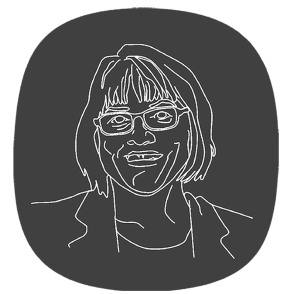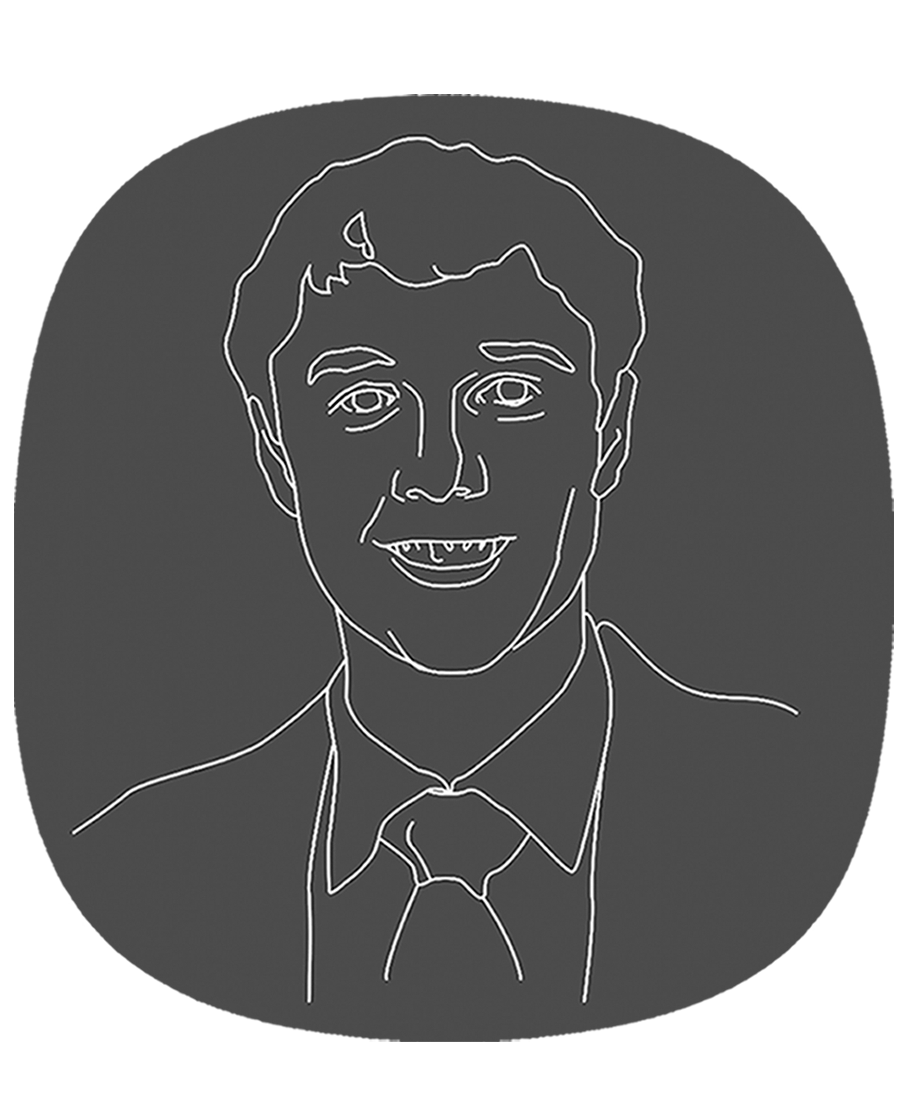When Patrick D. Thompson announced that he would be running for a seat on the City Council in the late summer of 2014, few political prognosticators would have picked against him. Thompson has been a commissioner of the Metropolitan Water Reclamation District since 2012; the widely-recognized, much-maligned middle initial of his name marks him as a member of the Daley family, the political powerhouse within Chicago—and even more locally, Bridgeport— that counts two mayors, a White House chief of staff, and a current Cook County commissioner among its ranks. Despite this, the election has been closer than most might have anticipated; though a recent poll still showed Thompson in the lead among residents, with about thirty-seven percent, the two other candidates in the race—John Kozlar and Maureen Sullivan—were holding at about twenty-two and twelve percent, respectively, while the rest of the prospective voters polled remained undecided. As the race gears up for its final days, residents of the 11th Ward (redistricting has added East Pilsen and University Village to the area) are left to choose from a strange, disparate grouping: a twenty-five-year-old law student, a longtime pet shop owner and community activist, and a real estate lawyer burdened and blessed by his affiliation with a family that has ruled the ward for more than half a century.
A brief history of the past half-century of 11th Ward aldermen is itself fascinating, as it becomes clear just how inextricably the Daleys are linked to the ward’s councilmen. Current Alderman James Balcer has served since 1997, when Mayor Richard M. Daley appointed him to replace Patrick Huels, who was forced to resign after a minor financial scandal. Huels himself was appointed in 1976 to fill the void created when Michael Bilandic replaced the deceased Richard J. Daley as mayor; Bilandic had won the 11th Ward office in 1969, encouraged to run at Mayor Daley’s behest. This current election will see not only the first new alderman in seventeen years, but also the first non-appointed alderman in forty-six.
John Kozlar is by far the youngest participant in the race, though he is the only one of the three candidates to be running for the second time. In 2011, he garnered almost a quarter of the ward’s votes in an unsuccessful attempt to oust Balcer. A graduate of the University of Chicago, he is currently finishing up his final year at the John Marshall Law School in the Loop.
Kozlar says he feels much better prepared for this race than he did four years ago: “It was a learning experience last time —we didn’t have the signage until the month before.” By his own estimate, he has about five times as many signatures as in the previous election and has raised a great deal more money.
Rhetorically, he presents himself as a fresh-faced facilitator, citing his success as president of the Canaryville Little League, where he presided over $225,000 worth of renovations, as proof of his ability to both administrate and unite different neighborhoods. He took over the league while still a third-year at the UofC, replacing an administration weakened by accusations of financial impropriety. By 2010, in the first year of his tenure, his administration had raised over $31,000 for renovations.
His tenure as Little League president is also his chief response to those of his detractors who argue that his youth (both Sullivan and Thompson are over forty) and political inexperience are key points against him in this election. “I’m the most experienced when it comes to civic engagement,” he said. “The Canaryville Little League was all about bringing different neighborhoods, different communities together.”
Kozlar, in talking about his past credentials, understandably overemphasizes this spell as a Little League president, creating what sometimes feels like a one-note resume. His campaign pledges fall on the opposite end of the spectrum: they are varied and dizzyingly ambitious, ranging from the standard promises to revitalize Halsted Street and create municipal dog parks in University Village to the more outlandish suggestion of erecting the “#1 bowling alley in Chicago” with, among other attractions, Beatles-themed nights (“where the screens will display various Beatles visualizations with Beatles music playing over the speakers”). He has also pledged to donate all $73,280 of his aldermanic salary to seniors and veterans.
While John Kozlar presents himself as an injection of fresh energy into an ossified political scene tarnished by years of corruption, Maureen Sullivan is even more explosive. Sullivan, who did not respond to repeated requests for comment, made her first serious foray into community activism in 2005 with “Save the Ramova,” an awareness campaign to maintain and improve the Ramova Theatre on Halsted Street (on her website, she has accused Kozlar, who has also pledged to restore the theatre, of imitating her idea, dubbing him the “Ramova Rookie”). Since that campaign, she has been involved with a number of other local groups, such as the Bridgeport Alliance and the Bridgeport Business Association.

She has also presented herself as vociferously anti-establishment; in a DNAinfo article, Sullivan is quoted as saying that she didn’t take a job with the South Loop Chamber of Commerce because “I didn’t want work with the Machine.” In her platform, she says she wants to change the ward’s traditional “old-boy status quo,” and the “shadow finance network that seems designed to enrich the already wealthy.” On her website, she has also condemned Thompson, her opponent, for his past work with DLA Piper, a law firm where, she says, “they make money by helping their clients take away good paying jobs from American workers to send those jobs to places like Asia and Europe.”
Both Sullivan and Kozlar condemn the heliport planned for 24th and Halsted, and all three candidates have vowed to improve communication between the ward office and the public. Sullivan has also pledged to fight for a new public high school in the ward, along with an elected school board, two policy goals that appear to have won her the support of the Chicago Teachers Union, which recently endorsed her.
Finally, there is Patrick D. Thompson. During his time as commissioner of the Water Reclamation District Board, he says, “I passed pension reform, but I also invested hundreds of millions of dollars in getting residents drinkable water.” Thompson’s environmental credentials are strong; in 2005, he worked as a board member for the Bubbly Creek Committee, where he helped clean up a polluted waterway that he says often contained fermenting, festering carcasses.
Thompson has attempted to distance himself somewhat from his lineage: “I’m not running on my name, and I’m certainly not running away from my name, but if you check any legal document, if you check my law degree, it’s always said ‘Patrick D. Thompson.’ ” He has also expressed disapproval at how the other candidates and their supporters have labeled him a creation of Bridgeport’s political machine, stating, “Stuff like that is irrelevant. The notion of a machine is fiction, and it has been since the 1920s.”

Instead, Thompson, who works as a real estate lawyer, wants to point to his own long history of community service. He’s the secretary of the South Loop Chamber of Commerce that Sullivan so fiercely derided, as well as a board member at both the Valentine Boys and Girls Club of Chicago and the Illinois Council against Handgun Violence (ICHV). This last organization is apparently of particular importance to Thompson, as he pledges to curb violent crime rates in the 11th Ward if elected, while simultaneously criticizing both of his opponents as “willing to sit down with gangbangers.” It’s not immediately clear what he means by this last statement, though Kozlar does say something like this on his campaign website, stating, “I will work with our community members and police to infiltrate gangs and have gangs realize that it is better to have a job instead of creating havoc in our neighborhood.” Thompson’s other proposals include a Stockyards Museum around 41st and Halsted and an Adopt a Viaduct plan.
Though it may very well be true that Thompson has not actively sought the support of the political establishment, it has certainly thrown its support firmly behind him. He has been endorsed by Senator Dick Durbin, Cook County Board President Toni Preckwinkle, Congressman Dan Lipinski, the firefighters’ union, and the Fraternal Order of Police, as well as the Tribune and the Sun-Times. Even the White Sox organization, vaunted political powerhouse that it is, has contributed $1000 to his campaign. When these endorsements are considered together with the aforementioned poll numbers, it certainly seems as if Thompson is the favorite to win.
Nevertheless, both Kozlar and Sullivan seem optimistic, each presumably hoping they can garner enough votes to hold Thompson under fifty percent and force a decisive April 7 runoff. If this happens, it also seems more than likely that supporters of the third-place candidate (who would be out of the running) will choose to throw their support behind whichever remaining option is not Thompson. Those predictions are murky at best. As early voting continues and the race heads into its final hours, what does seem clear is that the 11th Ward, for the first time in recent political memory, is seriously considering a divorce from the deeply-rooted political family that has governed it—directly or by suggestion—for the last fifty years.

